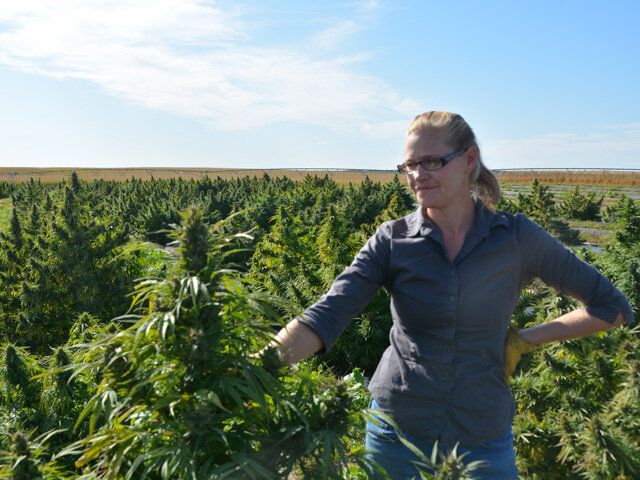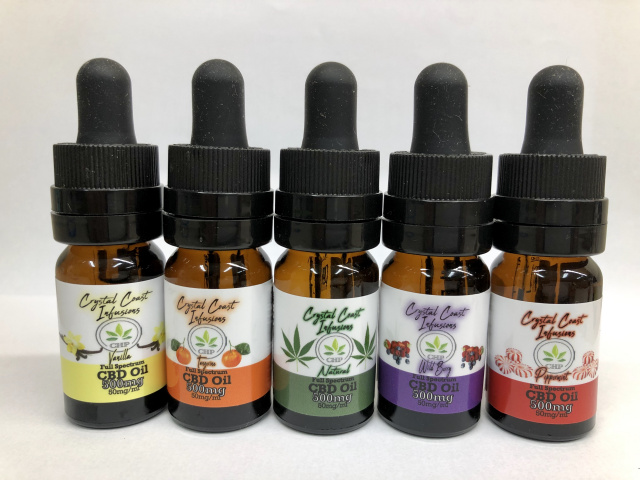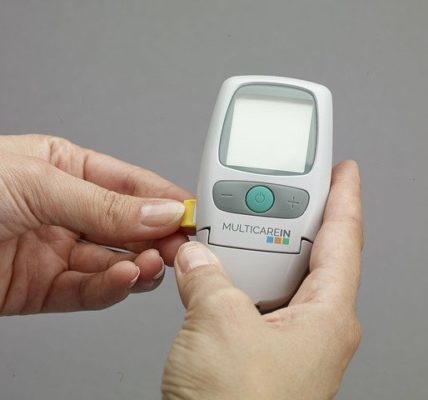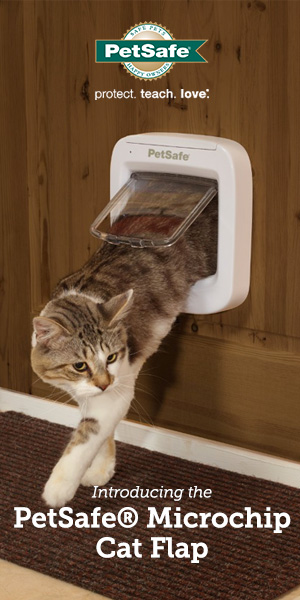THC (tetrahydrocannabinol) is the best known component of CBD, and it’s the component that gets you “high,” so to speak. But have you ever heard of CBD? Many parents haven’t, or even if they have heard of it, they aren’t sure what to make of it or don’t even understand if their son or daughter is using CBD. What is certain is that it is becoming more widely available, and like vaping, is often targeted at young people. Therefore, a blog with information about CBD for every parent.
Information about CBD what is it?
CBD, short for Cannabidiol, is the largest non-psychoactive component of CBD, and interest in its effects is growing. Most medical CBD products contain high levels of CBD and low levels of THC, but the CBD industry has begun to expand and market their products as “life-changing” for healthy individuals.
There are hundreds of online companies selling CBD. CBD tincture, edibles, sprays, vaping liquid, capsules and items such as gels, hand lotions and shampoos are widely available, varying in price and CBD content.
Some of these products are illegal, while others can be purchased by anyone in supermarkets and health food stores. The legality of CBD varies by state, often based on whether it comes from hemp or CBD. Hemp and CBD both come from the CBD plant, but CBD crops grown for their flowers have a high THC content, while CBD crops grown for their fibers and stems are usually called hemp.

What can you use CBD for?
Teens and young adults use CBD as a homeopathic remedy for pain, depression and anxiety symptoms, acne, insomnia and to increase productivity. However, there is a crucial difference between CBD studied in laboratories for medical conditions such as epilepsy and CBD products sold to consumers for their well-being.
The main problem with CBD is that there is a lack of well-controlled trials and little understanding of its long-term effects. In addition, the trials focus on the effects and benefits of the purified CBD compound, rather than an extract of CBD, which is typically found in commercial products. CBD products are, for the most part, unregulated, so users must rely on the quality guarantees of the companies that manufacture and sell them.
CBD by itself does not appear to be dangerous for short-term use, but many CBD products contain dangerous chemicals or synthetic CBD oil. For example, there were 52 cases of serious side effects, including falls, loss of consciousness, vomiting, nausea, and altered mental status, in Utah from 2017 to 2018 because people ingested a CBD product. No brands are known to contain harmful ingredients, but many manufacturers do not test their products in labs or share how they are produced. It’s hard to know what you’re getting.
Some more information about CBD
Usually the side effects of CBD are only minor (dry mouth, dizziness, nausea), but they can be serious if the CBD products interact with other medications. CBD and other plant cannabinoids can interact with many drugs by interfering with the activity of cytochrome P450, a group of liver enzymes, so that other drugs do not metabolize as expected. Steroids, antihistamines, calcium channel blockers, immunomodulators, benzodiazepines, antibiotics, anesthetics, antipsychotics, antidepressants, antiepileptics, and beta-blockers can all potentially cause an adverse reaction when taken with CBD.
It can be difficult to know if your child is taking CBD because of its minimal side effects and absence of a psychoactive effect. If you find out that your child is using CBD without a doctor’s approval or your own, you should question it and perhaps even discuss the health implications of CBD with your child’s doctor. You can also find a great sleep cbd oil in this link.
Harmful or not, talking helps!
While CBD does not appear to be harmful in and of itself, CBD producers are largely unregulated, so it is difficult to know what is in products and what the level of CBD concentration is. Further, it may be worth questioning claims about how products work, as there are few studies that demonstrate effectiveness for the many problems CBD is said to address. If it is not derived from hemp, it may be illegal.








